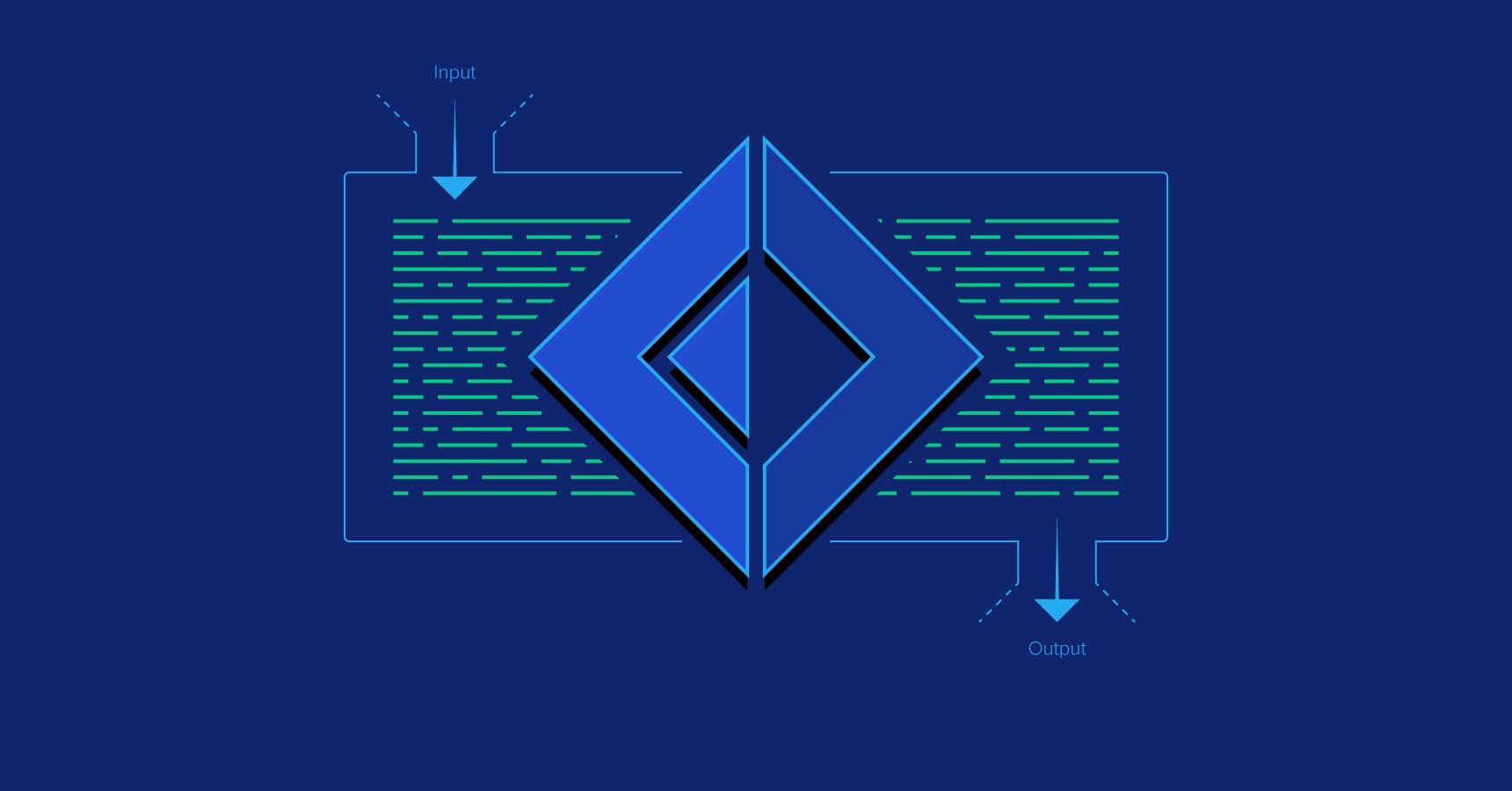
F# is a powerful and versatile programming language that has gained significant attention in the tech and sciences community. Its unique blend of functional and object-oriented programming features makes it a compelling choice for developers seeking a modern and efficient language. In this article, we'll delve into eight essential facts about F# that every tech enthusiast should know. From its origins and key features to its applications in various domains, we'll explore the fascinating world of F# and uncover why it has become a go-to language for many developers. Whether you're a seasoned programmer or simply curious about the latest advancements in the tech world, this exploration of F# is sure to pique your interest and expand your understanding of this innovative language. So, let's embark on a journey to unravel the intriguing facets of F# and discover why it has become a standout player in the realm of programming languages.
Key Takeaways:
- F# is a versatile and powerful programming language that combines functional and imperative programming, making it great for building diverse applications within the .NET ecosystem.
- F# promotes rapid prototyping, data-driven development, and domain-specific languages, empowering developers to create robust, scalable, and tailored solutions while enjoying the support of a vibrant open-source community.
F# is a Functional-First Programming Language.
F# is a functional-first programming language that empowers developers to write simple, efficient code for a wide range of applications. It seamlessly combines the benefits of functional programming with the flexibility of imperative programming, making it a versatile tool for various development tasks.
F# is a powerful language that enables developers to leverage functional programming paradigms, such as immutability and higher-order functions, to create robust and scalable solutions.
F# is Part of the .NET Ecosystem.
F# is an integral part of the .NET ecosystem, providing developers with access to a rich set of libraries and tools for building diverse applications. It seamlessly interoperates with other .NET languages, allowing developers to harness the full potential of the platform while enjoying the expressiveness and conciseness of F#.
F# Promotes Type Safety and Concurrency.
F# promotes type safety and concurrency, enabling developers to write code that is less error-prone and easier to maintain. Its type inference capabilities reduce the need for explicit type annotations, leading to more concise and readable code. Additionally, F# offers powerful abstractions for asynchronous and parallel programming, making it well-suited for building responsive and scalable applications.
F# Supports Cross-Platform Development.
F# supports cross-platform development, allowing developers to build applications that run seamlessly on various operating systems. Whether targeting Windows, Linux, or macOS, F# provides a consistent development experience, empowering developers to create versatile solutions that cater to diverse environments.
F# Fosters Rapid Prototyping and Iterative Development.
F# fosters rapid prototyping and iterative development, enabling developers to quickly experiment with ideas and refine their solutions. Its succinct syntax and interactive development environment facilitate a smooth and efficient development workflow, empowering developers to iterate rapidly and deliver high-quality software.
F# Empowers Data-Driven Development.
F# empowers data-driven development by offering robust support for data manipulation and analysis. Its powerful type system and functional programming features make it an ideal choice for processing and transforming data, enabling developers to build sophisticated data-centric applications with ease.
F# is Open Source and Community-Driven.
F# is an open-source language with a vibrant and supportive community. Developers can leverage a wealth of resources, including libraries, frameworks, and tools contributed by the community, fostering collaboration and knowledge sharing within the F# ecosystem.
F# is Ideal for Domain-Specific Languages (DSLs).
F# is well-suited for creating domain-specific languages (DSLs) that capture the essence of specific problem domains. Its expressive syntax and powerful abstractions enable developers to craft DSLs that align closely with the problem at hand, facilitating the development of tailored solutions for specialized domains.
F# is a versatile and expressive language that empowers developers to build robust, scalable, and data-centric applications within the .NET ecosystem. With its seamless integration with the platform and support for functional programming paradigms, F# offers a compelling choice for developers seeking to harness the power of functional-first programming.
Conclusion
In conclusion, F# is a powerful and versatile programming language that offers a wide range of benefits to developers. Its functional programming paradigm, seamless interoperability with other .NET languages, and strong support for parallel and asynchronous programming make it a compelling choice for building modern, scalable applications. With its concise syntax, strong type inference, and robust tooling, F# empowers developers to write clean, maintainable code with ease. Embracing F# opens up new possibilities for tackling complex problems and leveraging the full potential of the .NET ecosystem.
FAQs
What are the key features of F#?F# boasts a rich set of features, including strong type inference, pattern matching, immutability by default, and seamless interoperability with other .NET languages. These features enable developers to write concise, expressive code while leveraging the power of functional programming.
Is F# suitable for building enterprise applications?Absolutely! F# is well-suited for building enterprise-grade applications, thanks to its strong support for parallel and asynchronous programming, robust type system, and seamless integration with the .NET ecosystem. It empowers developers to create scalable, maintainable solutions for a wide range of business needs.
Was this page helpful?
Our commitment to delivering trustworthy and engaging content is at the heart of what we do. Each fact on our site is contributed by real users like you, bringing a wealth of diverse insights and information. To ensure the highest standards of accuracy and reliability, our dedicated editors meticulously review each submission. This process guarantees that the facts we share are not only fascinating but also credible. Trust in our commitment to quality and authenticity as you explore and learn with us.
